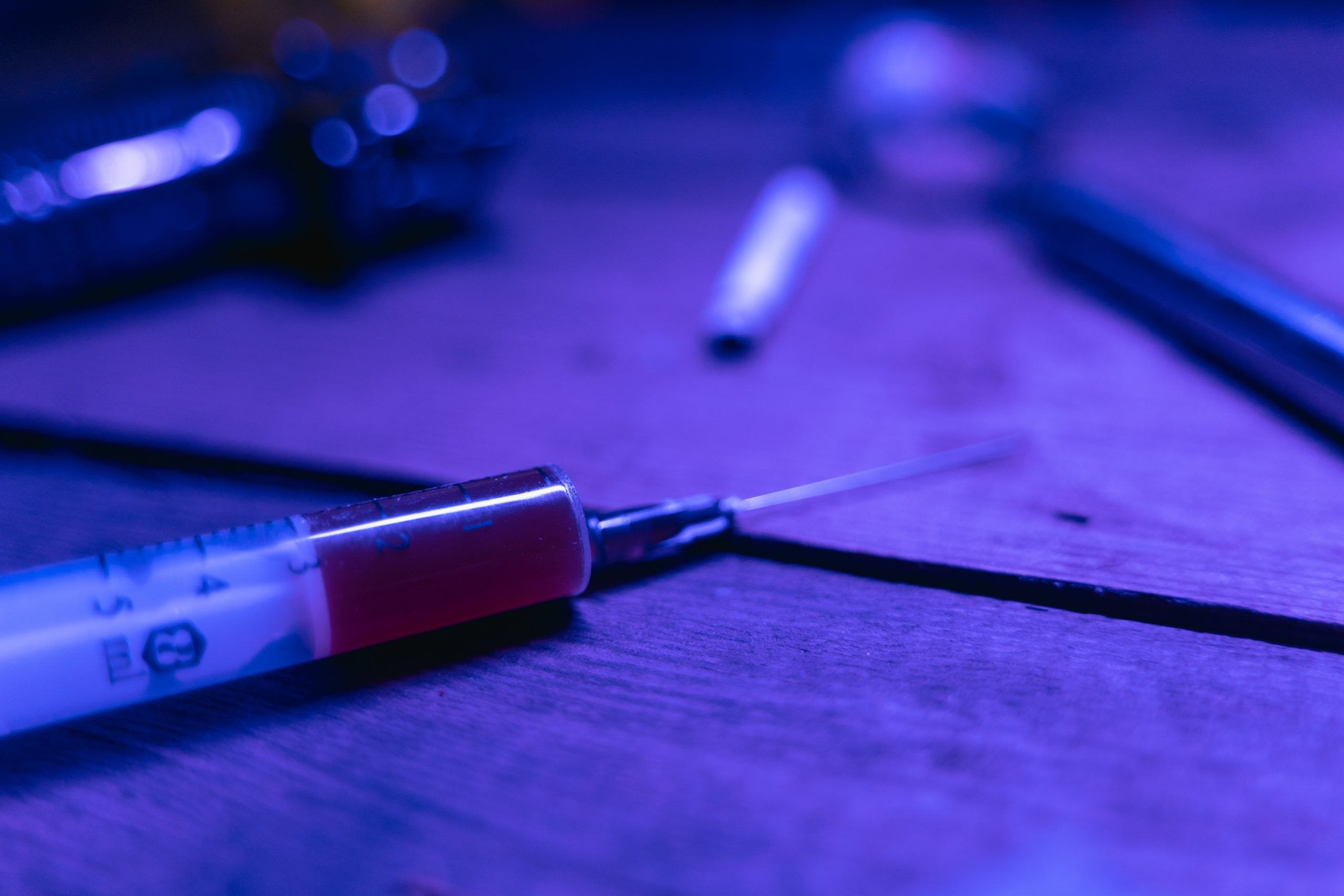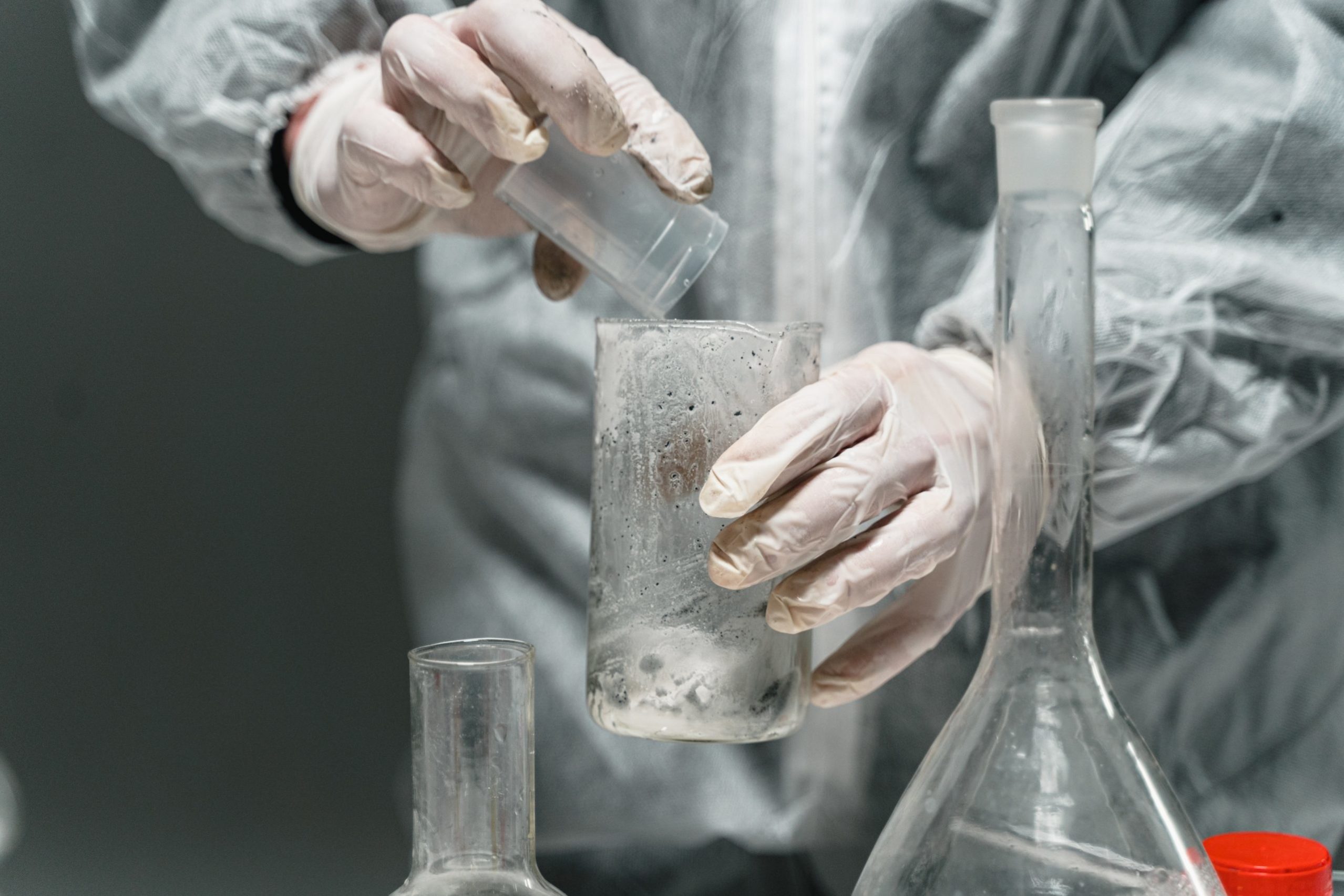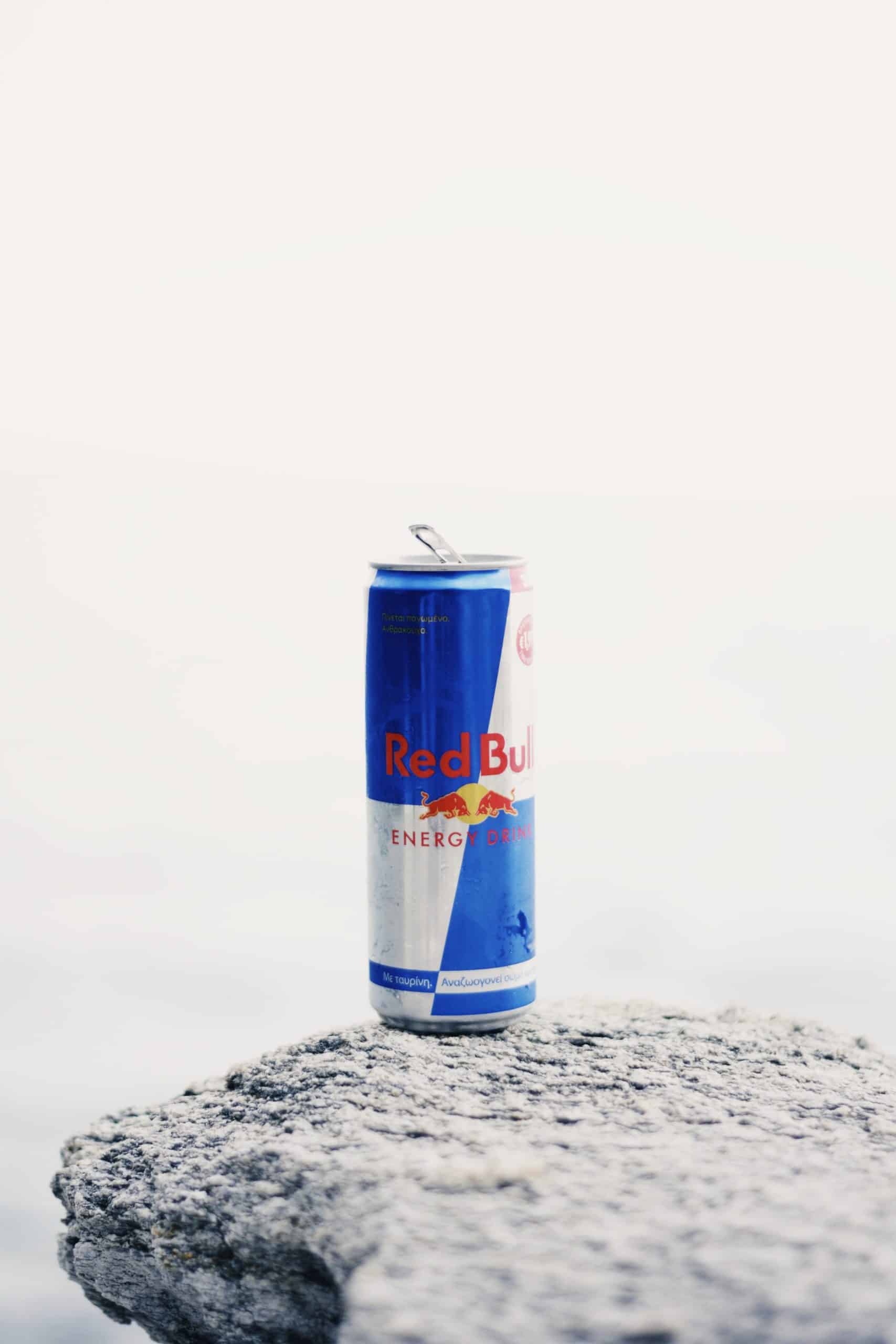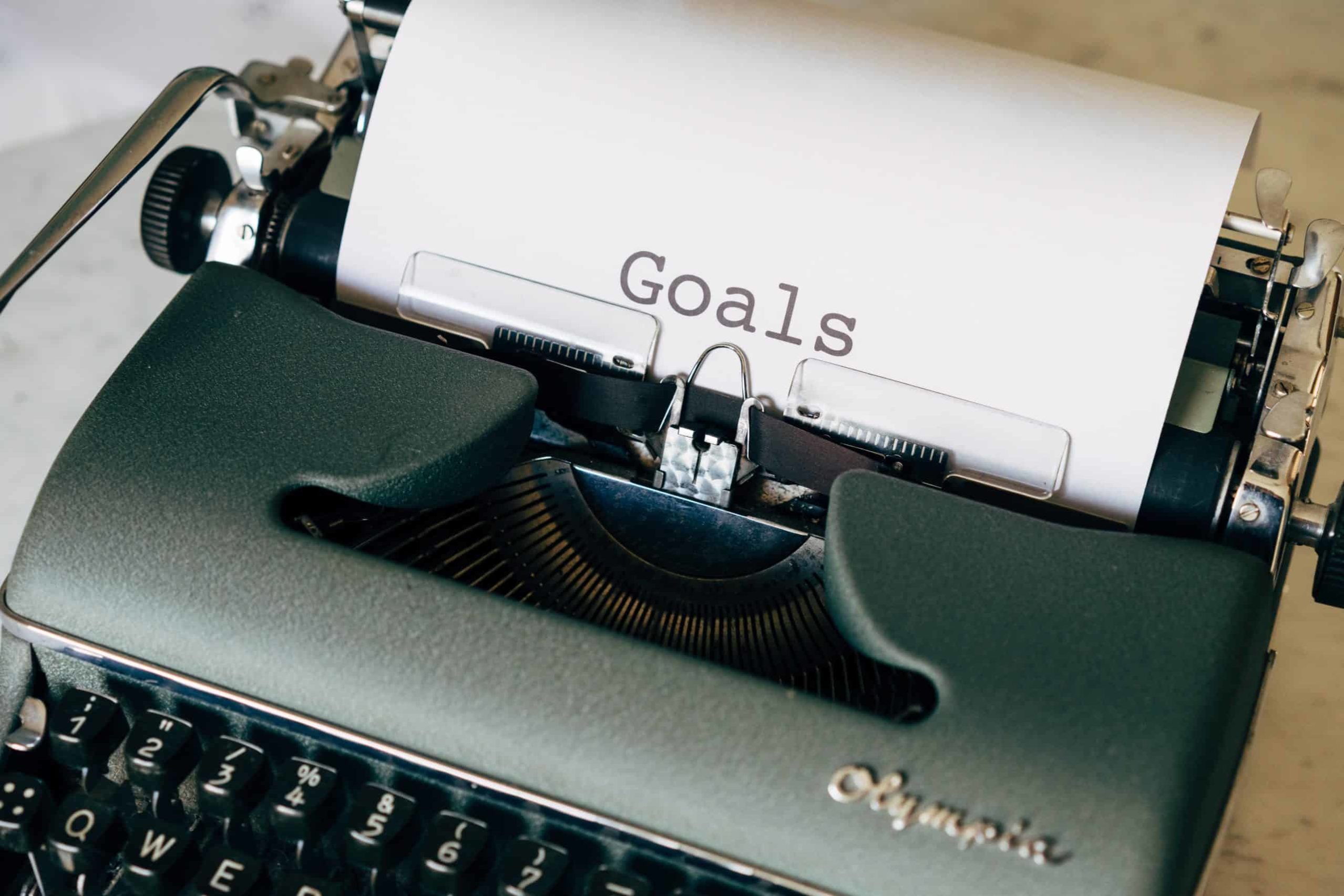‘The Live Music Capital of the World’ Has a Place For Everyone Austin is known for its beautiful location in the Texas Hill Country, laid-back atmosphere, and welcoming LGBTQ environment, and is often referred to as ‘The Live Music Capital of the World’ for good reason: the city is home to more than 250 venues […]
The Invisible Dangers of Fentanyl-Laced Drugs: Heroin
Heroin has been the most popular illicit opioid for recreational use for decades, but fentanyl is relatively new in illicit markets, and it has made a huge impact in the last few years. You may already be aware that heroin overdoses and deaths are on the rise around the country, but that only tells part of the […]
The Healing Benefits of Music Therapy in Addiction Recovery
Music therapy, also known as Music Assisted Therapy or MAT, is a form of expressive art therapy that is often used in addiction recovery treatment programs to encourage those suffering from substance abuse disorder (SUD) to come to terms with the underlying issues that may have contributed to their addiction and to provide a constructive […]
The Invisible Dangers of Fentanyl-Laced Drugs: Meth
The rate of accidental, often fatal overdoses involving fentanyl-laced street drugs has increased significantly in recent years with stimulants such as methamphetamine accounting for the large majority of new cases being reported. Each drug has long been considered extremely addictive and deadly in its own right; however, a random sampling study of meth seized by […]
Demystifying Addiction Treatment
Drug addiction is a chronic health condition that inhibits an affected individual’s ability to control their behavior and impulses when it comes to their drug intake, despite the negative health and social consequences of their drug use. Drug addiction is such a dangerous disease because the long-term use of the drug affects our brain chemistry, leading to changes in our reward systems.
Alcohol, Energy Drinks, and Caffeine: What are the Risks?
Combining alcohol and energy drinks together has become a popular drinking trend in recent years, but it isn’t without its dangers. Alcoholic energy drinks (AEDs) or caffeinated alcoholic beverages (CABs) are premixed beverages that not only contain alcohol but also caffeine and other stimulants such as taurine. A typical AED or CAB beverage contains about […]
Is it Possible to Develop an Addiction to Wine?
Is it possible to develop an addiction to wine? Simply put, as with any other type of alcohol the answer is yes. While excessive or binge drinking is more often associated with beer or hard liquor, wine is still a type of alcohol that can lead to dependance and addiction. When evaluating alcohol consumption, a […]
The Importance of Sober Friendships in Recovery
According to a 2020 study by health insurer Cigna, loneliness can be a common challenge for three out of five Americans, and this can be particularly true of those who are in the early stages of sobriety[1]. Many people may find themselves in a kind of limbo – having made the decision to cut ties with […]
How Celebrating Recovery Milestones can Increase Motivation
Achieving and maintaining sobriety requires motivation, determination, and self-accountability. Although those who have never been down the path to sobriety may not realize what a difficult process it can be, fighting addiction is at times an uphill battle, with an estimated 40-60% of those in recovery experiencing a relapse at some point along the way[1]. […]
Setting Realistic and Achievable Recovery Goals
An important part of the addiction recovery process is setting realistic goals that you can challenge yourself to achieve. Having specific recovery goals can give you a sense of direction and help keep you focused on maintaining your sobriety, although they should be kept relatively simple at first and should always be obtainable. You do […]











